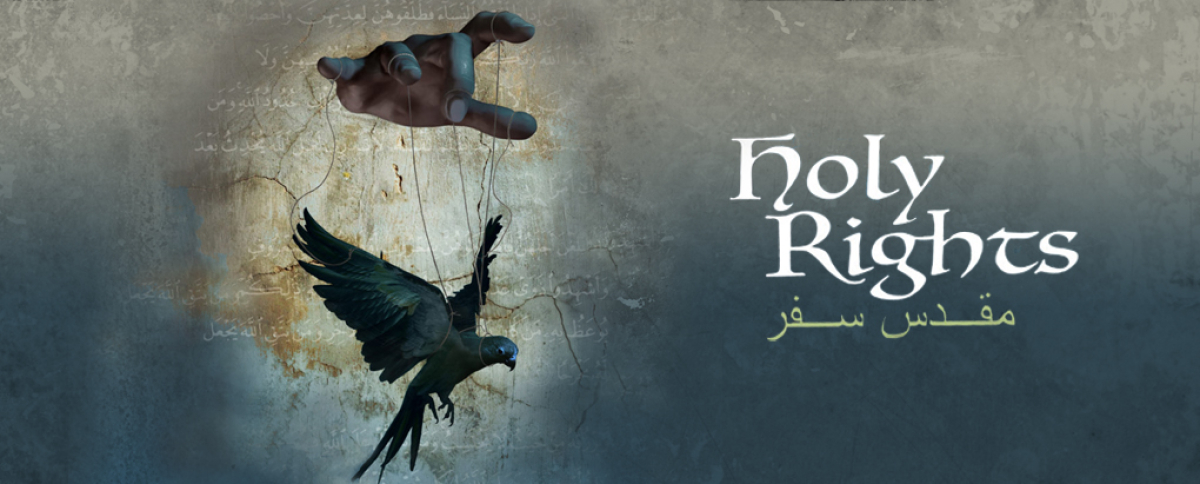
Holy Rights
11. August 2021, 19:00 Uhr
Cinémathèque Leipzig in der nato
IND, 2020, Dok, 53 min, Regie: Farha Khatun
Sprachen: Urdu mit englischen UT
Der Dokumentarfilm „Holy Rights“ beschäftigt sich mit dem politisch hochsensiblen und in Indien außerst umstrittenden Thema muslimischen Familienrechts, insbesondere der Praxis des triple talaq.
Safia, eine tiefreligiöse Muslima aus Bhopal in Zentralindien ist überzeugt, dass die konservative Interpretation der Sharia durch männliche Rechtsgelehrte und Richter muslimischen Frauen gesellschaftliche Gleichberechtigung und Gerechtigkeit verwehrt. Daher nimmt sie an einem Programm teil, das Frauen zu Qazis ausbildet - muslimischen Geistlichen, die das das muslimische Recht auslegen und traditionell männlich sind. Andere Frauen schließen sich Safia an und kämpfen mit ihr gegen die Willkür des triple talaq, der sofortigen, einseitig durch den Mann ausgesprochenen Scheidung.
Über vier Jahre begleitet der Film die erstarkende emanzipatorische Bewegung gegen das triple talaq. Im Spannungsfeld von Hindunationalismus, dem Schutz religiöser Minderheiten und zunehmender antimuslimischer Proteste in Indien, versuchen verschiedenste politische Kräfte, die Bewegung für ihre Agenda zu vereinnahmen.
Im Anschluss gibt es eine Diskussion mit Professorin Anindita Chakrabarti (IIT Kanpur, Indien).
11 August 2021, 7 p.m.
Cinémathèque Leipzig at the nato
IND 2020, doc, 53 min, director: Farha Khatun
Urdu with English subs
The documentary "Holy Rights" deals with the politically highly sensitive and in India extremely controversial issue of Muslim family law, especially the practice of triple talaq.
Safia, a deeply religious Muslim woman from Bhopal in central India, is convinced that the conservative interpretation of Sharia law by male jurists and judges restrains Muslim women from social equality and justice. So she joins a programme that trains women to become Qazis - Muslim clerics who interpret Muslim law and are traditionally male. Other women join Safia and fight with her against the arbitrary nature of triple talaq, the immediate divorce declared unilaterally by the man.
Over a period of four years, the film accompanies the growing emancipatory movement against triple talaq. In the tense atmonsphere of Hindu nationalism, the protection of religious minorities and increasing anti-Muslim protests in India, various political forces try to hijack the movement for their own agenda.
After the film there will be a discussion with Professor Anindita Chakrabarti (IIT Kanpur, India).


